The German public transport system is extensive, reliable and very affordable. The Deutsche Bahn AG is the national railway company and is state-owned.
The DB offers long distance, regional and local travel options.
Here is a list of PDF Files with the route maps in German
Long distance trains
Long-distance trains offer fast and convenient connections between major cities. The following types of trains are available for long-distance travel:
- ICE – InterCity Express. These are high-speed trains with limited stops between cities, for example between Berlin and Munich
- ICE Sprinter – They are the same as the ICE but run directly between major cities with perhaps only one intermediate stop.
- IC – Intercity trains within Germany
- EC – EuroCity trains with connections to neighbouring European countries
1st class have more legroom and service from the Bordbistro. You can order your coffee or food from the personnel directly. Seat reservation is included in 1st class tickets.
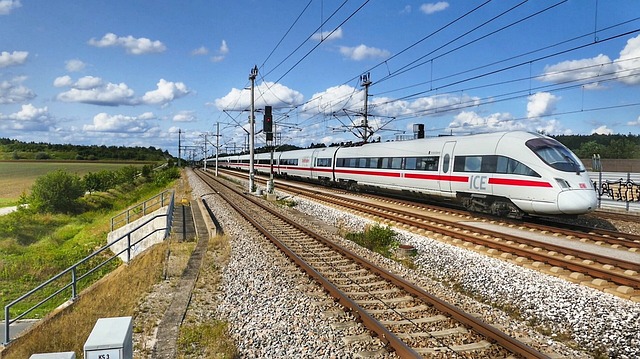
Regional trains
The regional trains offers flexible travel without reservations. You can only buy a ticket for these trains but not make a reservation for a specific train or seat.
- IRE – Interregio-Express. These trains are good for direct connections between regions. It does not stop at all stations.
- RE – Regional-Express. Quick local connections to long distance and S-Bahn services
- RB – Regionalbahn. Regional routes. Links cities to their hinterlands
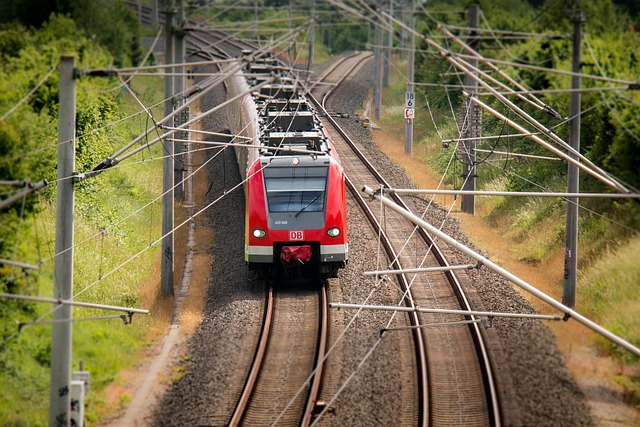
Local transport
The local transport options offer flexible travel without the possibility to reserve a seat.
The following local options can be available, depending on the city:
- S-bahn – Stadtschnellbahn. Ideal for travel within a city and the surrounding areas. Many cities offer 1st and 2nd class tickets.
- U-bahn – Untergrundbahn. Although the name indicates they run under the ground, they can run above ground as well.
- Trams (Straßenbahn), Busses and Ferries
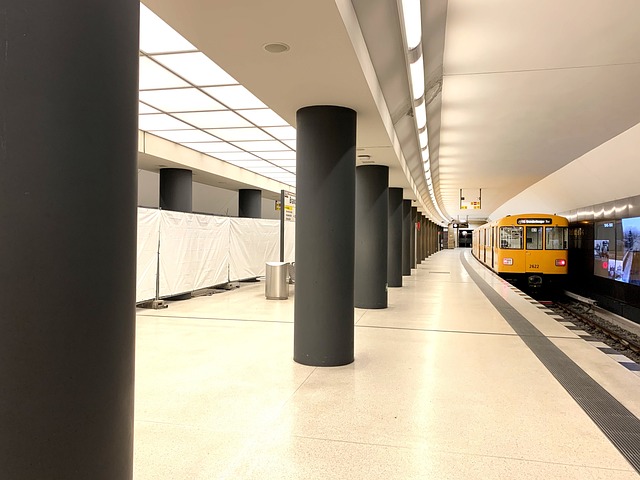
Where to buy tickets
- Tickets for long-distance and regional trains can be bought on the Deutsche Bahn website or DB Navigator app (also available in English), at ticketing machines or at ticket counters at train stations.
- Tickets for local transport can be bought on the DB website or app, at ticketing machines, ticket counters or via the local websites/apps for example HVV for Hamburg, BVG for Berlin, VVS for Stuttgart or MVV for Munich. Most local transport tickets can also be bought via the DB Navigator app.
Things to keep in mind
- There are many special offers available for groups, weekends, regional travel and travel within Europe. They are listed on the offers page of the Deutsche Bahn website.
- For most DB special offers, a city-ticket is not included. The city-ticket allows you to use the local transport at your destination.
- Seat reservations are not included in 2nd class tickets
- If you travel often, consider investing in a BahnCard
- If you need to cancel your ticket after booking, you can do it for free for up to 12 hours after making the booking online or via the DB Navigator. Read more about cancellations on the DB Website to see what applies to your booking.
- You book a ticket on the DB site for a Night train (on ÖBB) for travel to Austria, Switzerland and Italy.
- Validating paper tickets – Before the journey starts, tickets must be validated by stamping them at the yellow or red boxes located on S-Bahn and subway platforms and inside buses or trams. In case of inspection, a ticket that is not stamped is not valid.
The new Deutschland Ticket is an affordable subscription ticket that you can use to travel unlimited on all regional and local public transport for only €49 per month.
Keep in mind that is only available via subscription and you can cancel it monthly but have to give a month’s notice. It is not transferrable to another person.
It is not valid on the ICE, IC or EC trains.
For FAQ’s in English about the Deutschland Ticket, please visit the Bahn Website
Mobility options
Car Sharing
The classic model requires a vehicle to be picked up and returned to designated location, and are booked for a set period. Flexible car sharing allows the driver to pick up and return the vehicle at any location. An app shows nearby vehicles.
Ride hailing/Taxi's
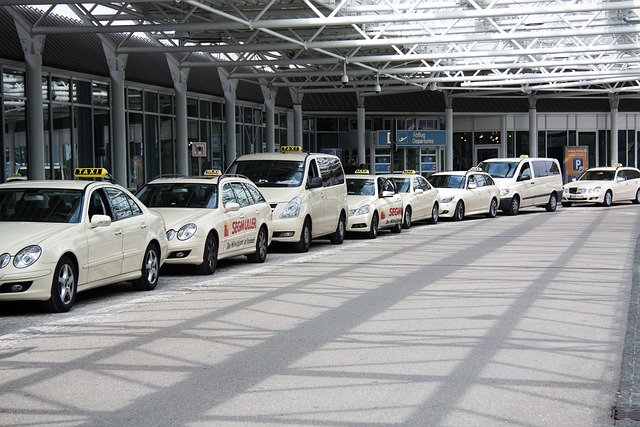
Using an app to organise your transport is super easy and convenient. In most apps, you can book your trip in advance, pay directly for your trip, rate your trip and identify favourite drivers.
Related content

Travel to Germany – Tips
If you’re planning a trip to Germany, we’ve got some travel tips that we think you’ll find incredibly helpful. If you’ve got your own tips

Useful apps
Having the correct information available when you need it is priceless. Here are some apps that can make your life easier in Germany. Note for

Road Rules
Driving on German roads is very well regulated and if you don’t adhere to the rules you will get penalty points against your name

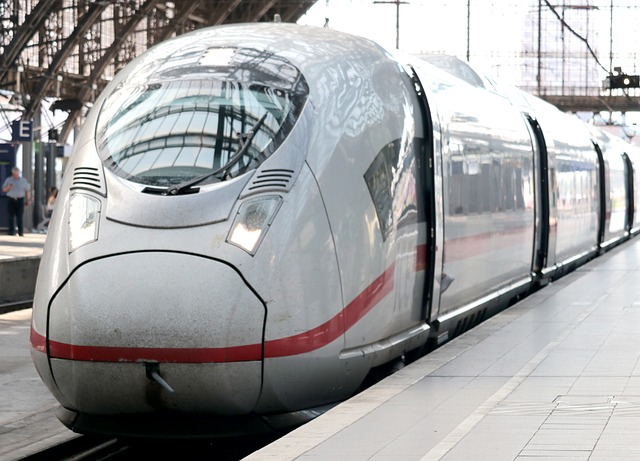

You must be logged in to post a comment.